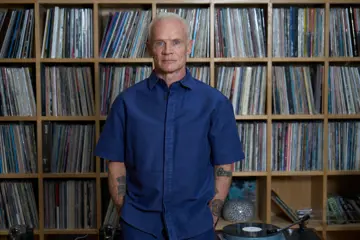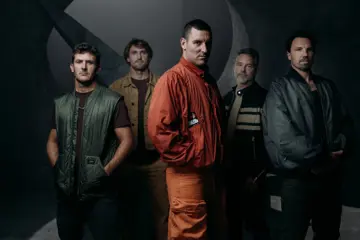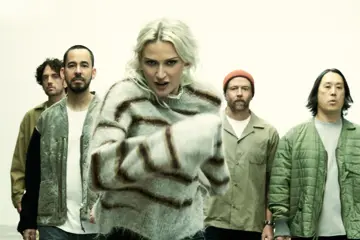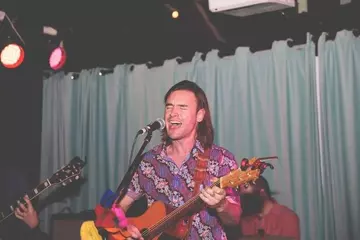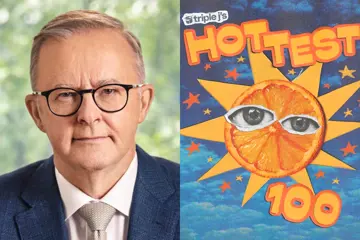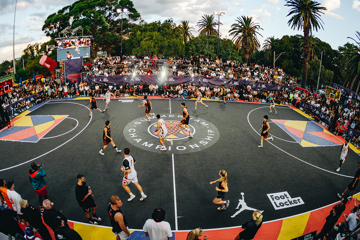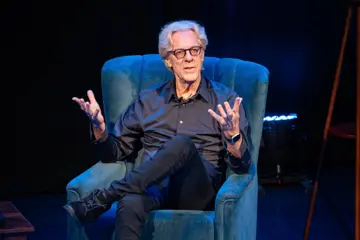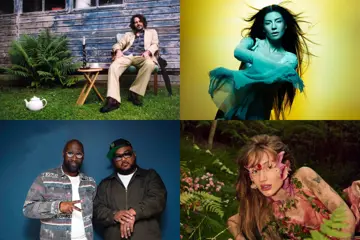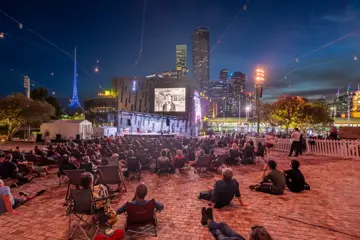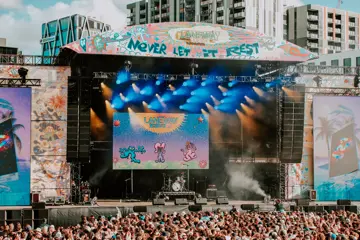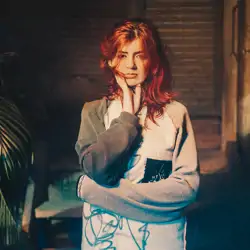 Sarah Yagki
Sarah YagkiBefore I left home at 16, my school counsellor told me one of the hardest things I could do is to step away from the cycle I was born into. That cycle was what my parents were born into and something I craved to be more than.
I grew up with my single dad, and we moved countless times. He was unable to work because of his rocky past and managed to support me and my brother on Centrelink while we lived in different public housing systems. I don’t know much about my mum’s past other than she grew up in a similar low socio-economic environment herself, dealing with drug addiction, sex work, and more to get by. In environments like that, you grow up with no ability to be given a passion like music to practise, as it becomes an everyday battle to get through – for us, this meant focusing on money and getting food on the table.
Despite all of this, from a young age, I latched onto music and started reading. I found any means I could to communicate through words. I started working as soon as I could to pay for music and made the decision to leave home at 16 to try and find something better for myself.
Once leaving home, I lived in a young women’s refuge and remember meeting girls my own age with similar upbringings. These girls hadn’t found their passions or cared too much about school. I remember one night, there was a girl no older than thirteen coming home escorted by police. I feel it’s because we live in a system that lets people, especially youth, fall into what they see or what they’ve been brought up in rather than what they believe they can be.
Don't miss a beat with our FREE daily newsletter
Whilst this was going on, in school, I was building my resilience from being bullied and constantly told by upper management in the schooling system it was a mistake to leave. I was an academic teenager and used school to block out my home life and focus on myself. I used school diaries to plan out my days diligently, and to this day, I am still an obsessed diary user.
I continued to show a drive and passion for music and was lucky enough to have a school counsellor, teacher, and friend at the time who believed I could be more. I found my music passion not because it was something handed to me but because I chose music to give me a way out of what I was dealing with growing up. I had a drive inside me to want to do something bigger and a fear that if I couldn’t do something more, I was just going to become another victim in the system.
I started proper vocal training at 14, giving part-by-part payments to my vocal college through working at McDonalds at the time. Downstairs from that vocal college was a music shop, and each week I would give bit-by-bit payments to save up for my first keyboard. The shop saw me every week, and by the end of it, they had given me a stand, books, and other music supplies just because they saw how much I was trying to save for it.
My music most recently has been me trying to fight against that systemic imbalance that I lived through as a child growing up and as a young adult trying to hold onto my own hope. When you’ve grown up as a child in chaos, the safe becomes unknown, and chaos becomes familiar.
Along with this, my parents had grown up with traumatic backgrounds too. With any trauma lived, it can be passed down and often is. On one side, there’s the part of myself that fights to be more than my past, more than what I grew up in, more than what my parents had to grow up in and more than what I was ever meant to be in my socio-economic environment.
However, there are still parts of me that want to give up on everything around me, that crave that sense of addiction, impulse, and chaos. I continue doing music not just for myself but to believe that every single young person I met in that refuge, in public housing, and along the way can be more than what their past dictates they may be. I want to share, in my music, the effects of systems like this on both the mental and physical well-being of youth. I’ve been so grateful and lucky that I found music, and along the way have had more and more people help me succeed because of the drive they see in me to be more.
There are systems and patterns in youth homelessness, poverty, and abuse we can change – but it starts with bringing passion and hope to those that aren’t in privileged circumstances. Music, for me, is a way of showing that I can be more than what my past dictates I should be.
Stream or Download Sarah Yagki's new single Alone here.

